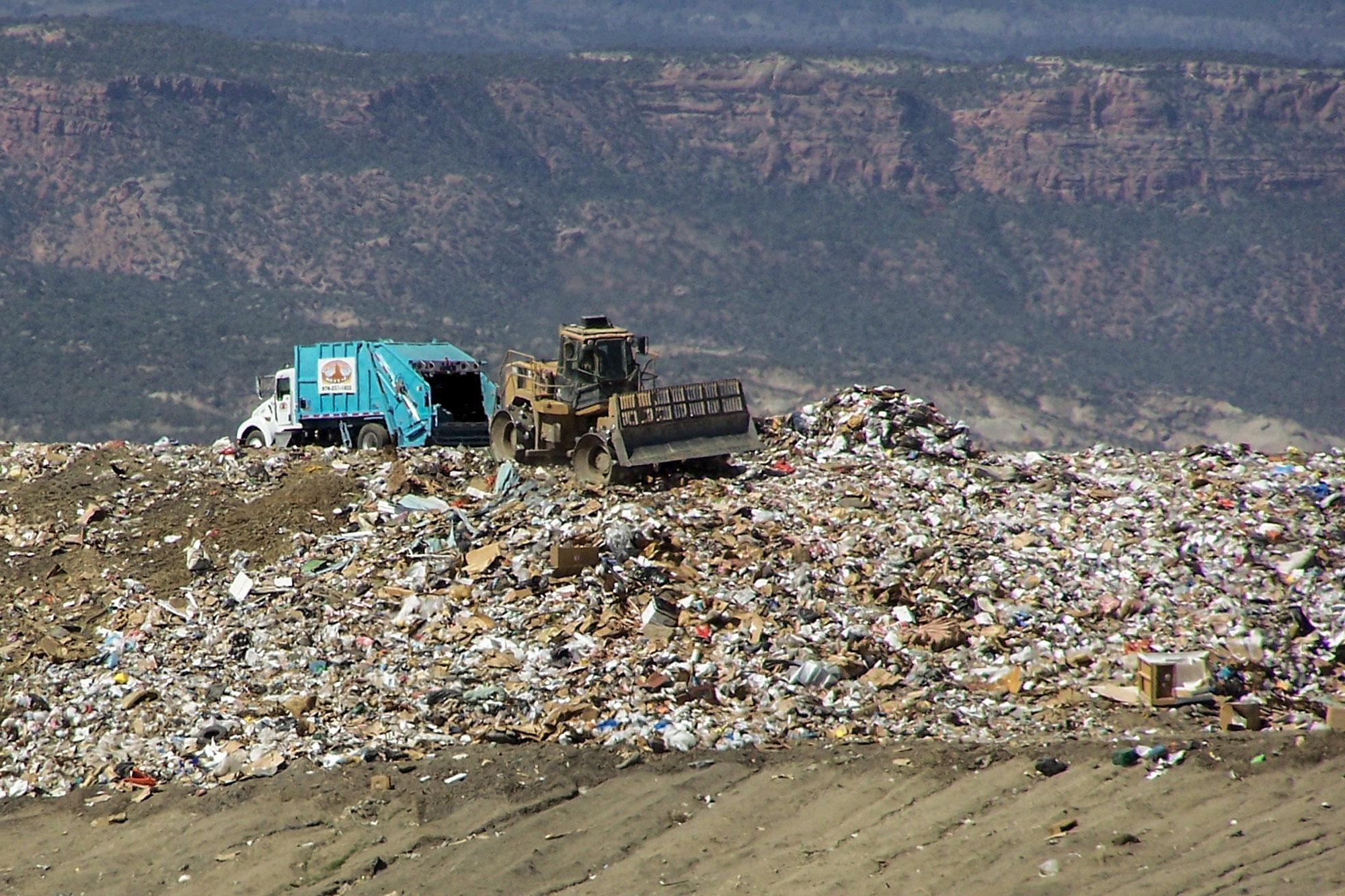

A recent state regulatory crackdown on smaller Colorado landfills has resulted instead in the Department of Public Health and Environment providing financial assistance for 19 of those landfills to get up to code in the next five years.
CDPHE recently upped its enforcement on groundwater monitoring with smaller landfills that accept up to 20 tons of waste per day. Jerry Henderson, the department’s solid waste permitting leader, said for the last 25 years the assumption was that small landfills did not significantly impact the environment. But recently, new studies in other states like Wyoming show otherwise.
“That led us to kind of rethink our strategy on small landfills,” Henderson said. “So we can assure the public that people living nearby are being protected.”
This has caused tensions to rise between CDPHE and landfill owners who say they can't afford to bring their facilities up to code. Many of the small landfills in Colorado are owned by rural counties or towns. Brandy DeLange of Colorado Counties, Inc., an organization that provides assistance to county commissioners, said a big part of her job is to change the relationship between local county government and CDPHE.
“I think the department forgets that they are working with elected officials and elected officials are policy decision makers,” DeLange said. “So it’s very difficult for the state agency to come in and prescribe what should happen with our landfills without having a conversation.”
The two groups came up with a four-part plan to help landfill owners with their financial challenges. The plan includes a waiver of CDPHE’s $125 an hour document review fee and the agency’s commitment to pay for all ground water analysis at the 19 landfills. These reprieves will be active for five years to allow landfills adequate time to get into compliance, Henderson said.
“We heard loud and clear some of their resource constraints, some of the pain points they were operating under, so we were just trying to offer some relief to help get everyone through this process," he said.
DeLange said good communication between the two groups has been a consistent problem. But the recent meeting has them moving in the right direction, she said.
“There’s still a lack of consistent and concise communication with the department and with my members,” DeLange said. “I think it’s going to take time though, I don’t think this is something we can change overnight.”
In 2016, the legislature appropriated $1.6 million to CDPHE which the agency will use to help the small landfills over the next five years, according to Henderson.









